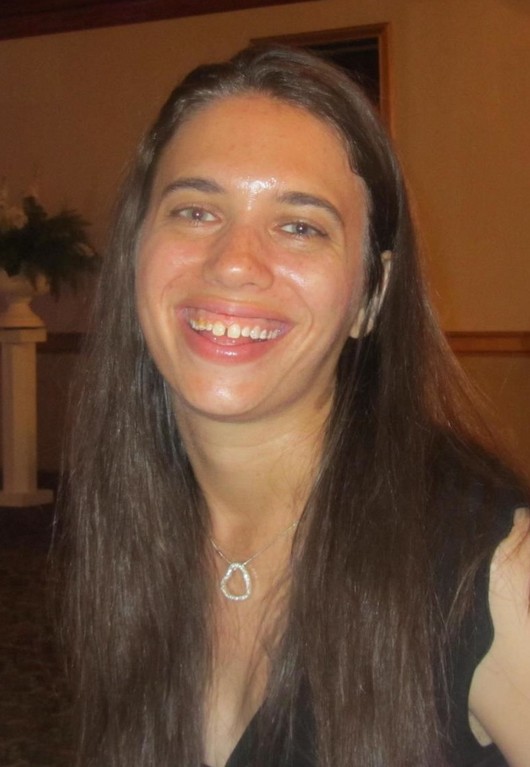Everyday challenges for challenged people
Ashley Gazes is a 26-year-old young lady with a learning disability. She graduated from Oceanside High School, and currently attends the day hab in East Rockaway (Life’s WORC, visit www.lifesworc.org for more information.) She works at Trader Joe’s, and likes to work at her computer, listen to music and play keyboard. “I’ve made good friends at the Day Hab,” Gazes said. “They taught me how to socialize with others.”
“Ashley is good natured, honest, and sometimes too trusting,” according to her parents Steven and Pauletter Gazes, of Oceanside. “And she is a hard worker.” Steven helped his daughter put her ideas onto paper.
Everyday people all over the world are struggling with depression, and even moreso for challenged people with special disabilities who have a harder time dealing with the current economic crisis and issues such as finding and holding jobs, and being laid off from jobs — and we are usually the first to go and the last to get picked for jobs.
It is harder for a person with disabilities to go up against regular people for jobs — and we usually won’t get hired because we sometimes are slower and don’t appear normal — and in some cases we are called “retarded.” We take offense at this because inside we think and feel the same as a regular person, and we also have feelings, too. Some elderly people are also considered to have disabilities but some of them are richest and the smartest people who in the past have held jobs building bridges and towers and construction, and who made the world as we know it today. They also deserve respect and admiration, especially as they continue to watch over us as we grow.
All people with disabilities are suffering with the fact that some of us rely upon regular people for transportation and for protection from being bullied because we don’t look, act or respond the same as regular people — and therefore we sometimes are considered not equal. Quite often this is imposition to our parents, friends or anybody who is willing to help us.
Some of us will get depressed about all of this and reach out to find acceptance and help; but some of us who go to the wrong way — like some regular people do — and we have our share of addictions and sometimes life goes the wrong way. But we try, just like everyone else.
Life’s WORC (www.lifesworc.org), a private, not-for-profit organization providing comprehensive support for individuals with developmental disabilities, knows the importance of gaining employment especially in today’s economy. The organization’s Customized Employment Program is doing its part to not just fill jobs, but create and customize them for individuals with developmental disabilities.
For many individuals living with a developmental disability, having a job is of the utmost importance. The Customized Employment Department at Life’s WORC is focused on supporting each of these individuals, helping them to navigate the often challenging path to employment and then providing on the job training and support for as long as each person needs.
For local employers, Life’s WORC Customized Employment Program affords them an opportunity to participate in the betterment of a person’s life, while simultaneously improving their own operations. Coordinate of Job Development Adam Walsh works personally with potential employers to identify a need, develop an employment position, or customize an existing position, and then fill that position with the right candidate. This is an efficient way to enhance operations and contribute to the region’s workforce development. Walsh also facilitates the paperwork that allows the employer to earn federal income tax credits through The Work Opportunity Tax Credit (WOTC) Solution. The WOTC is intended to reduce employers’ costs of doing business in return for their helping individuals in need find and retain good jobs and gain on-the-job experience, as well as increase America’s economic growth and productivity.






